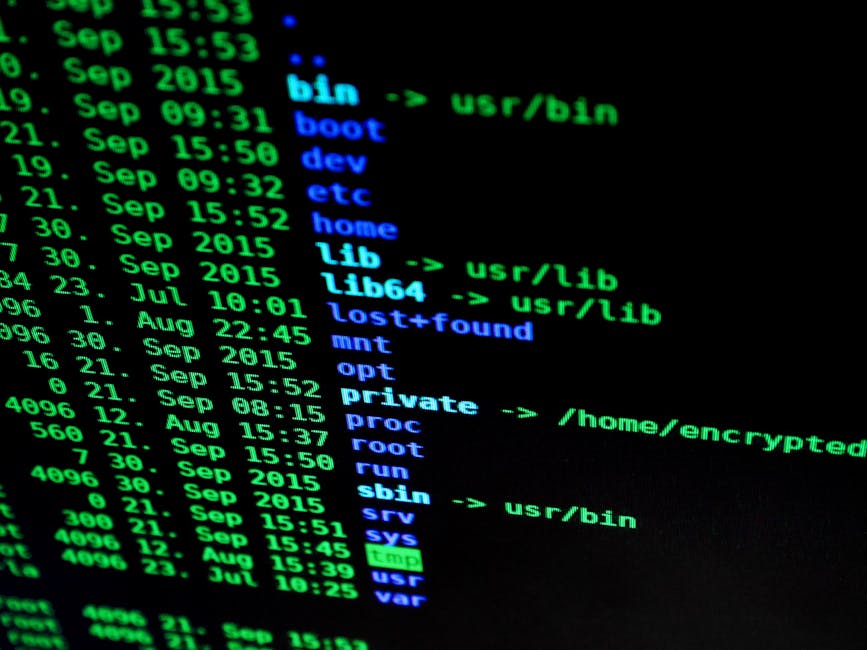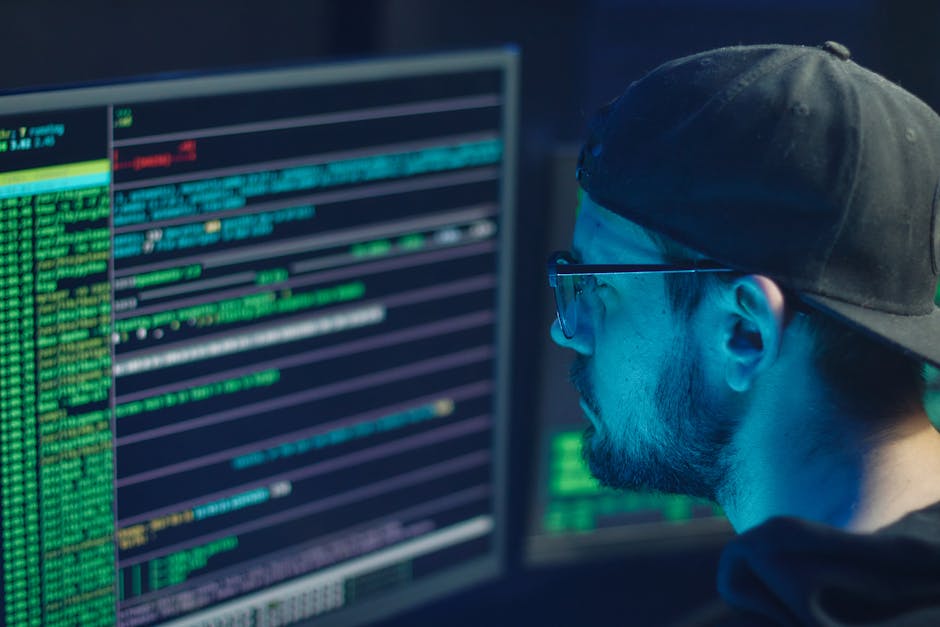Title: Proven Strategies for Protecting Your Computer from Malware and Viruses
In today’s digital age, the importance of protecting your computer from malware and viruses cannot be overstated. One wrong click could invite malicious programs that can slow down your system, steal your personal data, or even render your computer useless. The good news is, by following a few practical and simple habits, you can safeguard your computer and keep it running smoothly. This guide does not require any technical skills but offers concrete and easy-to-follow steps to ensure your computer’s safety.

Understanding the Importance of Computer Protection
Malware and viruses are inherently detrimental. They can:

– Steal your passwords and credit card information
– Damage or delete your files
– Slow down your system or even cause it to crash
– Use your computer as a channel to spread viruses to others
Repairing an infected computer can not only be challenging but also expensive. Prevention, unquestionably, is a more straightforward and cost-effective approach.
The Step-by-Step Guide to Protecting Your Computer from Malware and Viruses
1. Utilize Trustworthy Antivirus Software
Antivirus software serves as your first line of defense. It scans your files and prevents potential threats from causing any harm. Opt for reliable brands such as Norton, Bitdefender, or Windows Defender (available with Windows 10 and 11). Ensure that it updates automatically to counteract new threats effectively.
2. Consistently Update Your Software
Outdated software provides an easy target for hackers. Responsible developers regularly release patches to fix these vulnerabilities.
Aim to update your:
– Operating system (Windows, macOS, etc.)
– Web browser
– Installed programs and plugins
Whenever possible, turn on automatic updates.
3. Treat Email Attachments and Links with Caution
Phishing emails, often disguised as legitimate messages, are one of the prime mediums for spreading malware. They typically trick individuals into clicking fake links or downloading harmful files.
Keep an eye for:
– The sender’s email address
– Spelling errors or unusual wording
– Unfamiliar attachments
When you’re unsure of an email’s legitimacy, it’s better to delete it or consult a technically adept individual before opening it.
Four Additional Safety Practices for Safer Computer Use
1. Employ strong, unique passwords for each of your accounts
2. Avoid public WiFi without a VPN
3. Regularly back up your files for contingency
4. Activate your firewall to block any suspicious activities
Benefits of Shielding Your Computer from Malware and Viruses
Secures Your Data
Your personal data, work files, and photographs remain safe from theft and loss.
Potentially Saves You Time and Money
Since fixing an infected computer can be expensive and time-consuming, prevention is always the better alternative.
Provides Peace of Mind
By taking the right preventive measures, you can browse, shop, and work online without worrying about potential threats.
Identifying Signs of a Potential Infection
Despite taking precautions, problems may arise. Stay vigilant for:
– Sluggish performance or freezing
– Unanticipated popup ads
– New, unauthorized programs on your system
– Your browser constantly redirecting you to unfamiliar websites
If you notice these issues, promptly run a comprehensive antivirus scan.
Where to Learn More
For more detailed information on malware and viruses, visit the Wikipedia page on computer viruses. It’s an informative resource for understanding different threats and their propagation.
Final Thoughts
With today’s digital dependency, protecting your computer from malware and viruses should be an integral part of everyone’s online habits. This protection doesn’t require mastery of computers—by simply following the tips provided in this guide, you can ensure your system’s safety.
Implementing strong passwords, keeping software updated, and being vigilant with your online behavior alongside consistent antivirus scans and regular backups can considerably mitigate your risk. Remember, your computer is an essential tool—protect it well, and it will continue to function efficiently for years to come.
